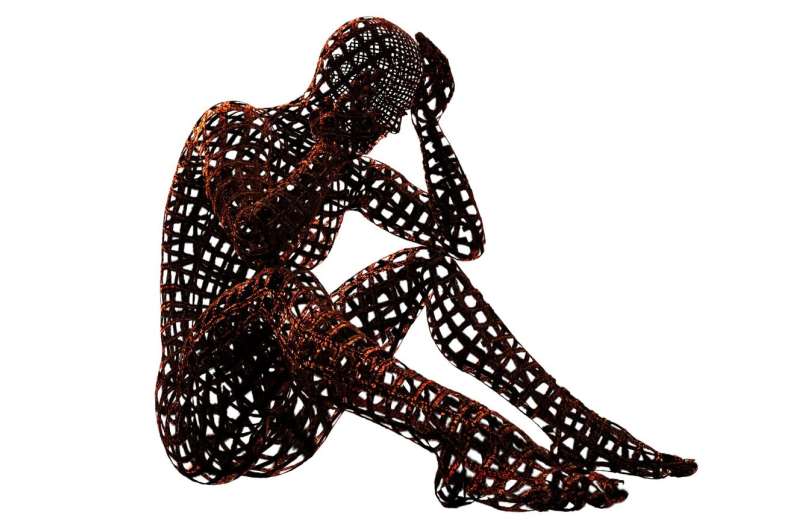Wellness, burnout, and discrimination among BIPOC counseling students

In a survey-based study of 105 graduate-level counseling students who identified as Black, Indigenous, or people of color (BIPOC), investigators found that experiences of discrimination can negatively affect student overall wellbeing and lead to burnout.
The authors of the study, which is published in the Journal of Multicultural Counseling and Development, stress the importance of addressing the unique needs and experiences of BIPOC students who are striving to become counselors, not only to help individual students but also to ensure the field is meeting the representative needs of a continuously diversifying client population.
"This emphasizes the need for counseling programs in particular to be proactive and inclusive in their integration of wellness, to name the barriers that exist for BIPOC students, and to identify concrete ways to attend to those barriers," said lead author Dareen Basma, Ph.D., of Carnegie Mellon University. "In doing so, we can also begin to work towards increasing recruitment and retention of BIPOC students in our programs, and ultimately diversifying our profession."
More information: Dareen Basma et al, Examining Wellness, Burnout, and Discrimination Among BIPOC Counseling Students, Journal of Multicultural Counseling and Development (2021). DOI: 10.1002/jmcd.12207
Provided by Wiley


















